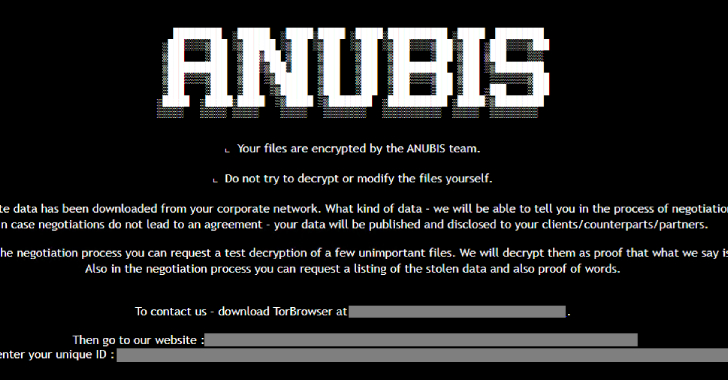The Pentagon is investigating a critical compromise of communications across several Air Force facilities by a US Air Force engineer, according to Forbes.
Forbes cited the search warrant on the investigation, which also details the evidence of a possible breach of FBI communications by the same employee.
“The government had been tipped off that the 48-year-old engineer had taken government radio technologies home, effectively stealing them for his own use,” said Forbes, citing the warrant. A a base contractor had tipped off law enforcement, Forbes said.
The warrant alleged that the amount of pilfered equipment was worth nearly $90,000.
Accused gained unauthorized admin access
The 48-year-old accused employee worked at the Arnold Air Force Base in Tennessee. Upon raiding his home, law enforcement found the engineer had “unauthorized administrator access” to radio communications technology used by the Air Education and Training Command (AETC).
The authentication compromise affected 17 Department of Defense (DoD) installations, according to the warrant.
The AETC is one of nine “major commands,” defined by the Pentagon as “interrelated and complementary, providing offensive, defensive, and support elements” to Air Force headquarters.
The raid also discovered an open computer screen running a Motorola radio programming software containing the “entire Arnold Air Force Base (AAFB) communications system,” the warrant added.
The investigators also claimed, “to have found evidence the suspect had possible access to communications of the FBI and various Tennessee state agencies,” media reports said.
Second Pentagon breach within months
The allegations come just three months after another major breach of Pentagon security. The previous incident involved Jack Teixeira, a member of the Massachusetts Air National Guard accused of leaking classified documents related to the war in Ukraine on social media platform Discord.
Teixeira was indicted in June, facing six counts of willful retention and transmission of classified information. The DoD has since made plans to improve its security measures to prevent similar breaches.
“Witnesses and co-workers,” told the investigators that the suspect “sold radios and radio equipment, worked odd hours, was arrogant, frequently lied, displayed inappropriate workplace behavior and sexual harassment, had financial problems, and possessed [Arnold Air Force Base land mobile radio] equipment,” according to Forbes.
The document detailing the forensics on technologies seized in the raid revealed he had possession of a USB containing “administrative passwords and electronic system keys” for the AETC radio network.” Also retrieved from flash drives were “local law enforcement radio programming files,” Forbes added.
Communications Security, Data Breach






